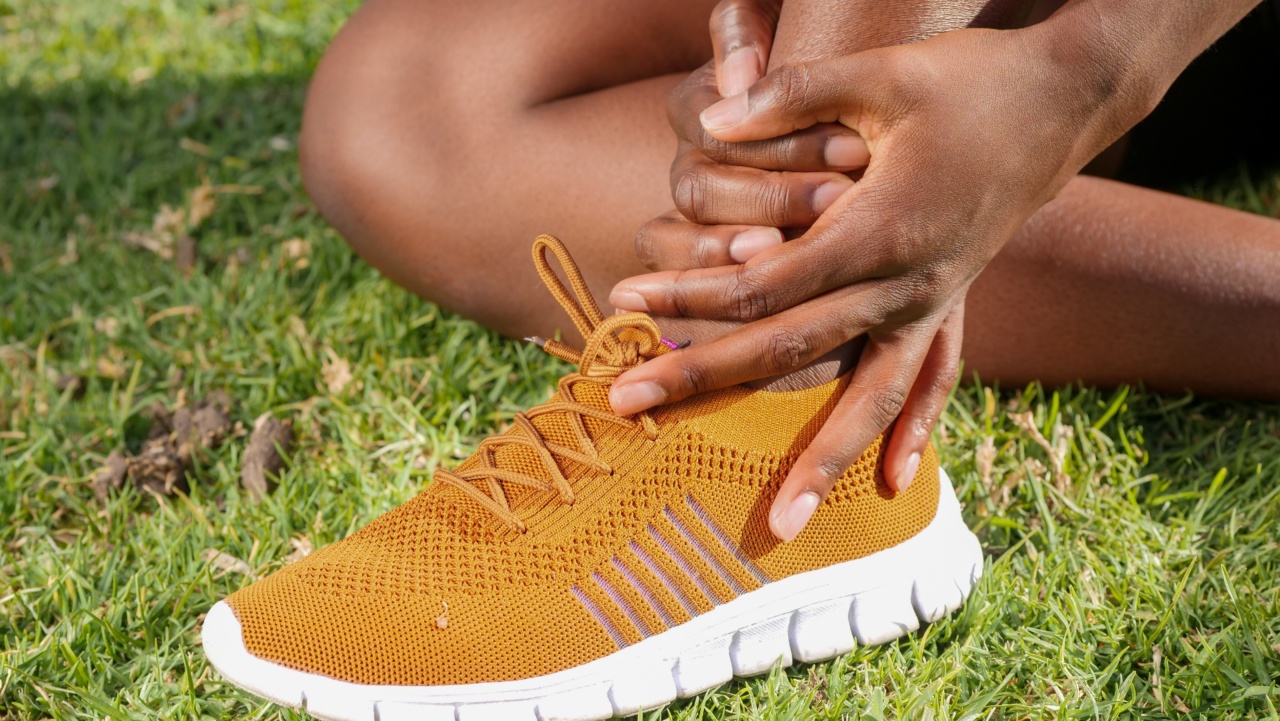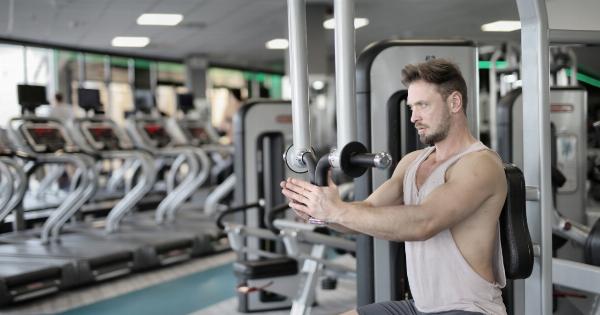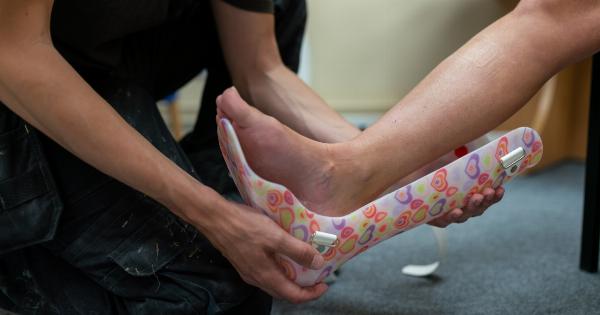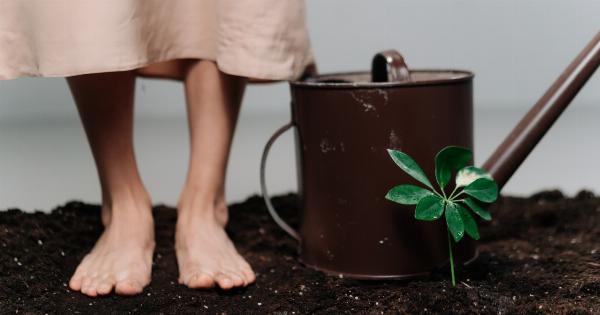Have you ever been jolted awake in the middle of the night due to intense foot pain? If so, you might have experienced nighttime foot cramps. These cramps, also known as muscle spasms, can be extremely painful and disruptive to your sleep.
In this article, we will explore the possible causes and treatments for nighttime foot cramps, and provide you with tips to prevent them from occurring.
Understanding Foot Cramps
Foot cramps are involuntary contractions or spasms that can occur in the muscles of your feet or toes. These cramps can range from mild discomfort to intense pain, and usually last for a few seconds to a few minutes.
Nighttime foot cramps are particularly common and can be a common cause of sleep disturbances.
While the exact cause of foot cramps is unknown, there are several factors that may contribute to their occurrence. These include:.
Lack of Stretching
Tight, inflexible muscles are more prone to cramping. If you don’t stretch your feet regularly or engage in activities that promote flexibility, such as yoga or Pilates, you may be more susceptible to foot cramps.
Dehydration
Dehydration can lead to an electrolyte imbalance, which can trigger muscle cramps. Make sure you drink enough water throughout the day to stay properly hydrated.
Nutritional Deficiencies
A lack of certain minerals, such as calcium, magnesium, and potassium, can contribute to muscle cramps. Ensure you have a well-balanced diet that includes foods rich in these nutrients or consider taking supplements if necessary.
Overexertion
Engaging in activities that put excessive strain on your feet, such as running long distances or standing for extended periods, can increase your risk of foot cramps.
It is important to give your feet regular breaks and avoid overexertion to prevent cramps.
Poor Circulation
Conditions that affect blood flow, such as peripheral artery disease or diabetes, can lead to poor circulation in the feet. This reduced blood flow may increase the likelihood of experiencing foot cramps.
If you have any underlying medical conditions, it is important to manage them effectively to minimize the risk of cramps.
Pregnancy
Pregnant women often experience foot cramps, particularly during the later stages of pregnancy. The weight gain and changes in hormone levels can contribute to muscle spasms in the feet.
Gentle exercises, proper hydration, and wearing comfortable, supportive shoes can help alleviate cramps during pregnancy.
Preventing Nighttime Foot Cramps
While it may not be possible to completely eliminate nighttime foot cramps, there are several measures you can take to reduce their frequency and intensity:.
Regular Stretching
Engaging in regular stretching exercises that target your feet and calves can help improve flexibility and prevent cramps. Toe stretches, calf stretches, and towel pickups are some simple exercises that you can incorporate into your daily routine.
Adequate Hydration
Make sure you drink enough water throughout the day to stay properly hydrated. Avoid excessive intake of diuretics like caffeine and alcohol, as they can contribute to dehydration.
Proper Nutrition
A balanced diet rich in calcium, magnesium, and potassium can help prevent nutritional deficiencies that may trigger foot cramps.
Incorporate foods like bananas, spinach, almonds, and dairy products into your meals to maintain adequate levels of these minerals.
Comfortable Footwear
Wearing shoes that provide proper arch support and cushioning can help reduce the strain on your feet and minimize the risk of cramps. Avoid wearing high heels or tight-fitting shoes for extended periods, as they can exacerbate foot cramps.
Warm-up Exercises
Prior to engaging in any activities that exert pressure on your feet, such as running or dancing, performing warm-up exercises can help prepare your muscles and prevent cramps.
Gentle stretches and range-of-motion exercises can be beneficial in warming up your feet.
Managing Underlying Conditions
If you have any underlying medical conditions that contribute to foot cramps, work closely with your healthcare provider to manage these conditions effectively.
Proper management may involve medication, lifestyle changes, or other interventions to help reduce the occurrence of foot cramps.
Treating Nighttime Foot Cramps
If you experience a foot cramp during the night, there are several techniques you can try to alleviate the pain:.
Massage
Gently massaging the cramped muscle can help relax the muscle fibers and relieve the cramp. Use your hands or a massage tool to apply gentle pressure to the affected area and knead the muscle until the cramp subsides.
Stretching
Slowly and gently stretching the cramped muscle can help relieve the pain and loosen the muscle fibers. For example, if you have a cramp in your calf, try standing up and placing your affected foot slightly behind you.
While keeping your heel firmly on the floor, lean forward until you feel a gentle stretch in your calf. Hold the stretch for 30 seconds or until the cramp dissipates.
Heat or Cold Therapy
Applying a warm compress or taking a warm bath can help relax the muscles and relieve the cramp. Alternatively, applying a cold pack wrapped in a thin cloth to the cramped area can help numb the pain and reduce inflammation.
Over-the-counter Pain Relievers
If home remedies do not provide sufficient relief, you may consider taking over-the-counter pain relievers, such as ibuprofen or acetaminophen.
However, it is important to consult with a healthcare professional before taking any medication, especially if you have any underlying medical conditions or take other medications.
When to Seek Medical Attention
In most cases, nighttime foot cramps are not a cause for concern and can be managed with lifestyle modifications and home remedies.
However, if you experience frequent, severe, or persistent foot cramps that significantly disrupt your sleep or daily activities, it is important to seek medical attention. A healthcare professional can assess your symptoms, identify any underlying causes, and recommend appropriate treatment options.



























